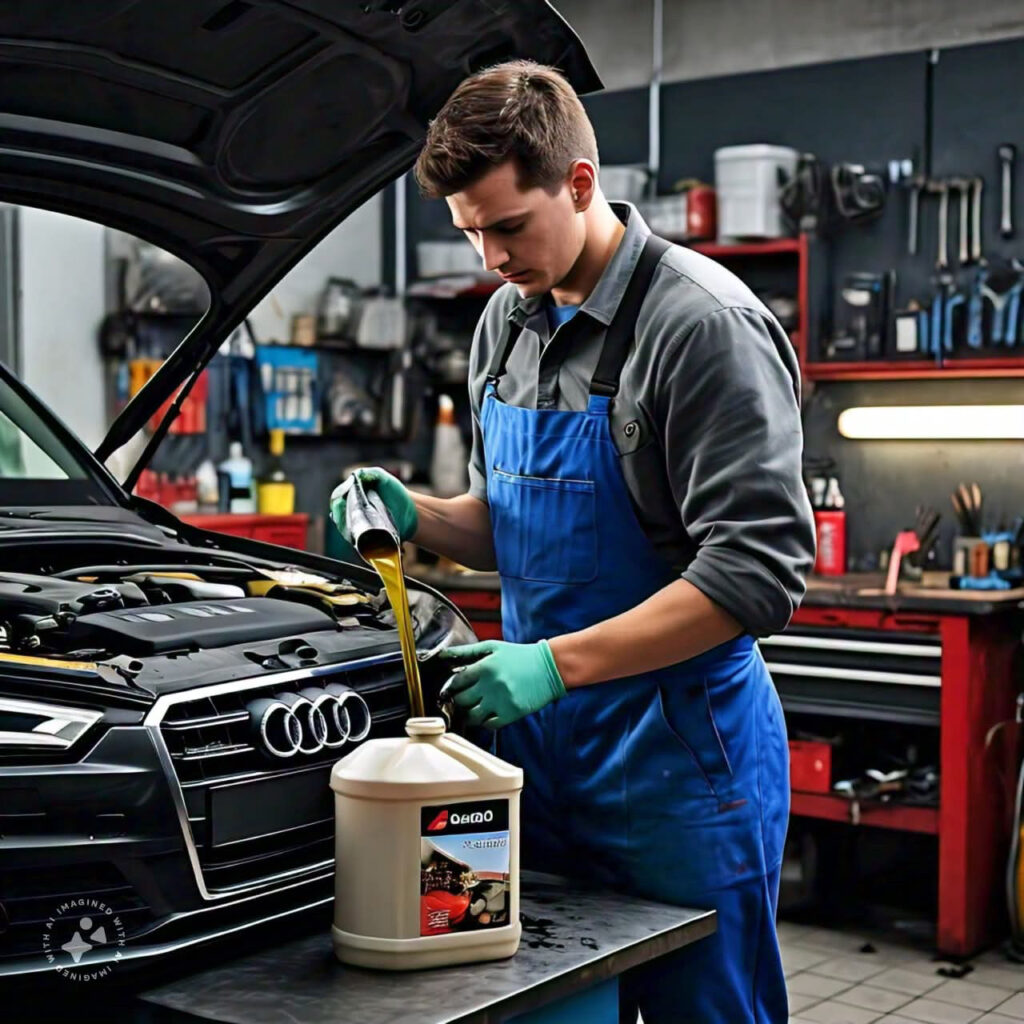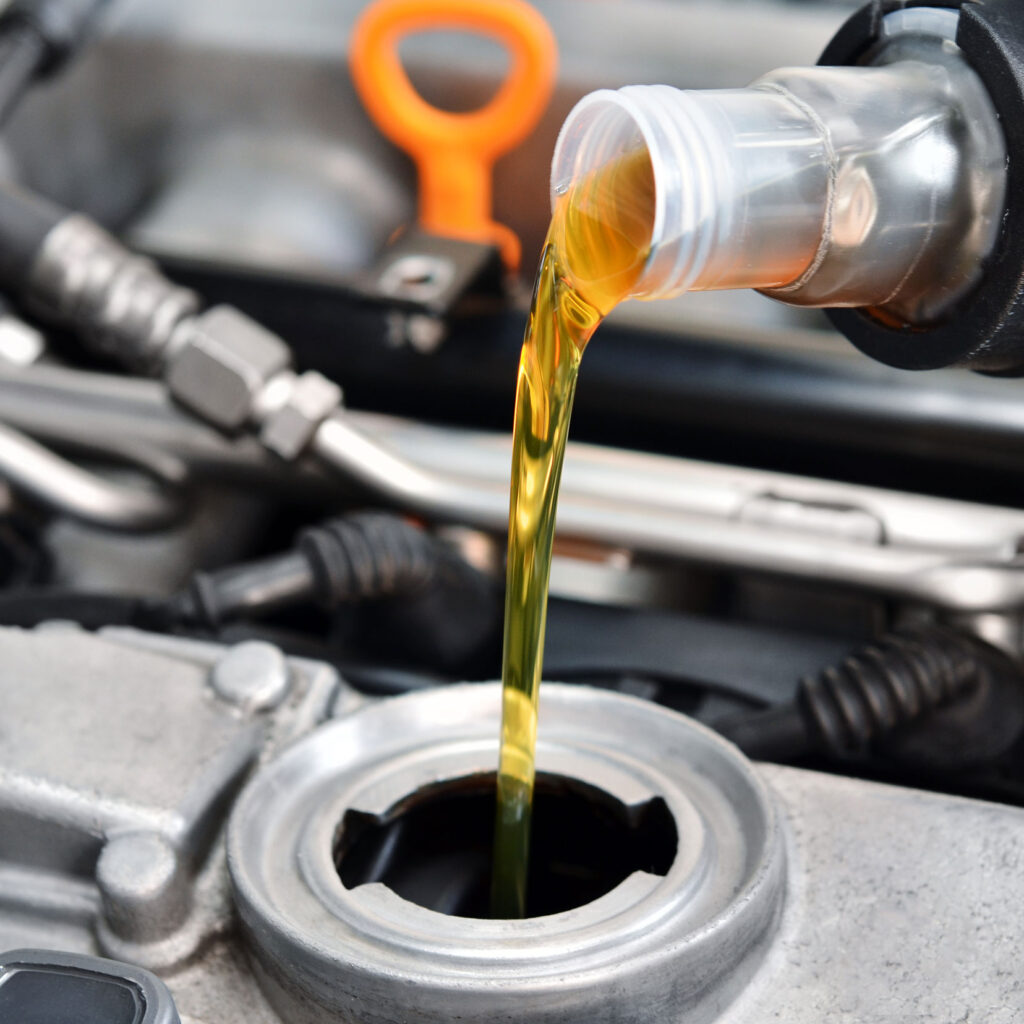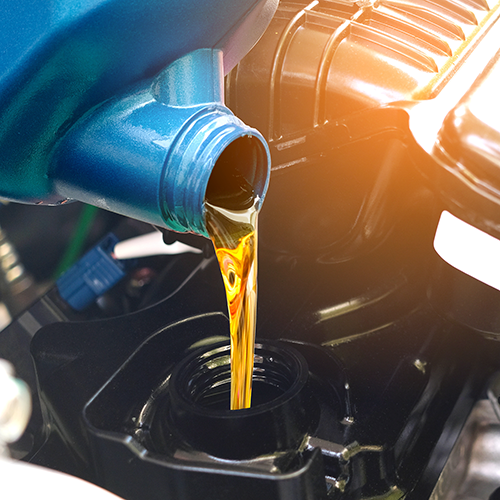Changing your oil regularly is crucial for maintaining the health and longevity of your engine. Here are some key reasons why it’s important:

- Lubrication: Oil lubricates the engine’s moving parts, reducing friction and preventing wear and tear. Over time, oil breaks down and loses its ability to properly lubricate, leading to engine damage.
- Cooling: Oil helps dissipate heat from the engine. Without proper oil, parts of the engine can overheat, potentially causing severe damage.
- Cleaning: Oil acts as a cleaning agent by picking up dirt, debris, and metal particles that accumulate in the engine. If the oil isn’t changed, these contaminants can clog up the engine and cause inefficiency or failure.
- Preventing Corrosion: Fresh oil helps protect engine parts from rust and corrosion by forming a protective barrier against moisture and acids.
- Improved Fuel Efficiency: Clean oil ensures the engine runs smoothly and efficiently, which can help improve fuel economy.
Changing your oil at the manufacturer-recommended intervals can prevent costly repairs and keep your vehicle running at its best.

How Often Should You Change Your Oil
The frequency of oil changes depends on several factors, including the type of oil you use, the age of your vehicle, and your driving habits. However, here are general guidelines:
- Conventional Oil: Typically, you should change it every 3,000 to 5,000 miles or every 3 to 6 months, depending on your driving conditions.
- Synthetic Oil: This type lasts longer, so it’s generally recommended to change it every 7,500 to 10,000 miles or about every 6 to 12 months.
- Driving Conditions: If you drive in harsh conditions (extreme temperatures, frequent stop-and-go traffic, towing, or short trips), you might need to change the oil more often.
- Owner’s Manual: Always check your car’s owner manual for the manufacturer’s recommended oil change intervals, as this will give you the most accurate and vehicle-specific advice.
Modern vehicles have oil monitoring systems that alert you when it’s time for an oil change based on your driving habits, but if you’re unsure, following the above guidelines is a safe bet.

What Happens if You Don’t Change Your Oil
If you don’t change your oil regularly, several negative consequences can arise:
- Engine Wear and Tear: As oil ages, it loses its ability to lubricate effectively. This leads to increased friction between engine parts, which can cause excessive wear and tear, potentially resulting in engine failure.
- Overheating: Oil helps dissipate heat from the engine. Old oil can’t absorb and disperse heat as effectively, leading to higher engine temperatures, which can cause parts to warp, seize, or fail.
- Sludge Build-Up: Over time, oil breaks down and can mix with dirt, dust, and combustion byproducts, forming sludge. This sludge can clog vital engine parts, reducing efficiency and possibly causing engine damage.
- Poor Performance and Efficiency: Without fresh oil, your engine may struggle to operate smoothly, leading to rough idling, poor acceleration, and decreased fuel efficiency.
- Corrosion: Oil helps protect engine components from rust and corrosion. If you neglect oil changes, contaminants like moisture can cause parts to rust, leading to costly repairs.
- Complete Engine Failure: In extreme cases, if the oil is neglected for too long, it can lead to a complete engine breakdown. Lack of proper lubrication and cooling may result in the engine seizing or suffering irreparable damage.

To avoid these issues, it’s essential to follow the recommended oil change intervals and keep your engine properly maintained.
Need your oil changed? Contact Doylestown Auto Repair at 267-279-9477 or visit our website at www.doylestownautoshop.com to schedule an appointment to have your car serviced!
